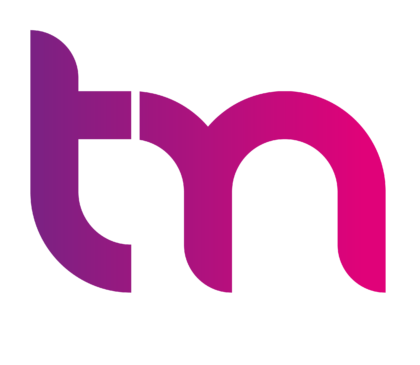Introduction:
Artificial Intelligence (AI) is reshaping recruitment, offering transformative solutions that enhance the efficiency and effectiveness of talent acquisition strategies. This technology is not just changing how candidates are sourced and screened but also redefining the entire hiring lifecycle.
AI-Enhanced Candidate Screening:
AI technologies excel in parsing vast amounts of data, which is particularly beneficial in recruitment. By automating the initial screening of resumes, AI can quickly identify candidates whose skills and experiences match the job specifications. This reduces the time recruiters spend on manual screening and allows them to focus on engaging with potential hires.
Automated Candidate Engagement:
AI can significantly improve candidate engagement through automated messaging systems. These AI-driven platforms can handle initial inquiries, schedule interviews, and provide feedback, maintaining a constant line of communication with candidates. This not only enhances the candidate experience but also keeps prospects engaged throughout the recruitment process.
Predictive Analytics in Recruitment:
Predictive analytics is another powerful tool where AI anticipates the future performance of candidates based on historical data and behavior patterns. It can predict job fit, tenure, and performance potential, helping companies make more informed hiring decisions that lead to lower turnover rates and higher employee satisfaction.
The Dual Impact of AI on Recruitment:
- Efficiency: AI streamlines various stages of the hiring process, from sourcing to onboarding. This speed and efficiency can significantly reduce the time-to-hire and help organizations quickly adapt to market changes.
- Quality of Hire: By enabling a deeper analysis of a candidate’s credentials and cultural fit, AI leads to better quality hires. The technology’s ability to analyze complex data also helps minimize human biases, promoting a more diverse and inclusive workforce.
Challenges and Considerations:
While AI can dramatically improve recruitment processes, it also brings challenges such as data privacy concerns and the need for continuous algorithm updates to avoid biases. Organizations must navigate these challenges carefully to fully leverage AI in recruitment.
Conclusion:
AI is a powerful tool that is transforming recruitment by making it more data-driven, efficient, and candidate-friendly. As this technology continues to evolve, it promises to further innovate how organizations approach talent acquisition, making the process quicker, more accurate, and more equitable.


